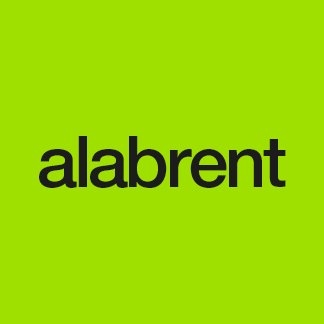Redacción Alabrent
Asahi Photoproducts, a pioneer in flexographic photopolymer plate development, today reported that FFP Packaging Solutions, a UK-based innovator in flexible package converting for 50 years, has published a Fixed Colour Palette Guide for brands and retailers. The guide enables Brand managers to select repeatable, achievable colours based on the Pantone library but produced using the CMYK process ink set. In the format of a colour book, it was reverse printed on clear PET film and then laminated to White PET. The printed film was produced on one of FFP’s W&H Miraflex printing presses using Asahi plates with Pinning Technology for Clean Transfer.We have been very pleased with the adoption of Fixed Colour Palette (FCP) by key UK retailers, including Asda and Tesco, said Paul Hesketh, Print Development Manager at FFP Packaging Solutions.
“The process of FCP is a growing trend within the printed packaging sector and we have been keen to be involved with brands and retailers as an approved FCP Printer.”
Both retailers and brands understand that fixed colour palette printing is a win/win approach to removing waste from the value chain and improving cost performance for the final package. Our fixed colour palette guide also helps designers in making final colour choices that preserve brand integrity while taking advantage of cost and time savings critical to profitability in today’s highly competitive marketplace.”
Fixed Colour Palette Printing: The Future of Flexography
In flexible packaging, it is not unusual for brands or retailers to use 30 to 50 spot colours across a portfolio of ranges- This means an increased inventory, more complex logistics, and the need for more purchasing and administrative resources.
By using a fixed palette of printing inks (CMYK) to achieve the brand colours, significant efficiencies can be achieved by the converter, in the form of ink savings, less wash ups and quicker make ready. This enables costs savings throughout the supply chain and faster time to market with no compromise in quality.
Pinning Technology for Clean Transfer: The Details
A feature of many of Asahi’s flexographic printing plates, Pinning Technology for Clean Transfer enables a clean ink transfer and prevents ink accumulating on the plate surfaces and shoulders in screen areas. This leads to fewer cleaning intervals and reduced press downtime, as well as significant quality improvements. Precise plate register achieved with Asahi plates ensures very high quality process printing with a fixed colour palette, minimizing the need to use and manage spot colour inks.
Pinning Technology for Clean Transfer allows a kiss-touch printing pressure setting. It makes use of low plate surface tension, made possible by a specially engineered Asahi polymer chemistry, to inhibit liquid flow. The ink forms a globule, with a large contact angle and high pinning point. This results in a cleaner and more homogeneous ink transfer from plate to substrate, helping flexographic printers meet the ever-increasing quality demands of their customers.
“Asahi Photoproducts is pleased to be playing a role in FFP Packaging Solutions’ production of this important guide,” said Dieter Niederstadt, Technical Marketing Manager for Asahi Photoproducts Europe. “It is encouraging to see the growing popularity of fixed colour palette printing in the UK, with brands, retailers and converters alike benefiting from its increased efficiencies. We believe the guide will spur adoption even further, both in the UK and throughout Europe, making it easier for stakeholders to quickly determine when fixed colour palette printing is appropriate. FFP’s experience, along with that of other Asahi customers who are using our flexographic plates that feature Pinning Technology with Clean Transfer, clearly demonstrates that fixed colour palette printing’s time has come, and it is taking flexographic printing to the next level of efficiency and profitability.”



